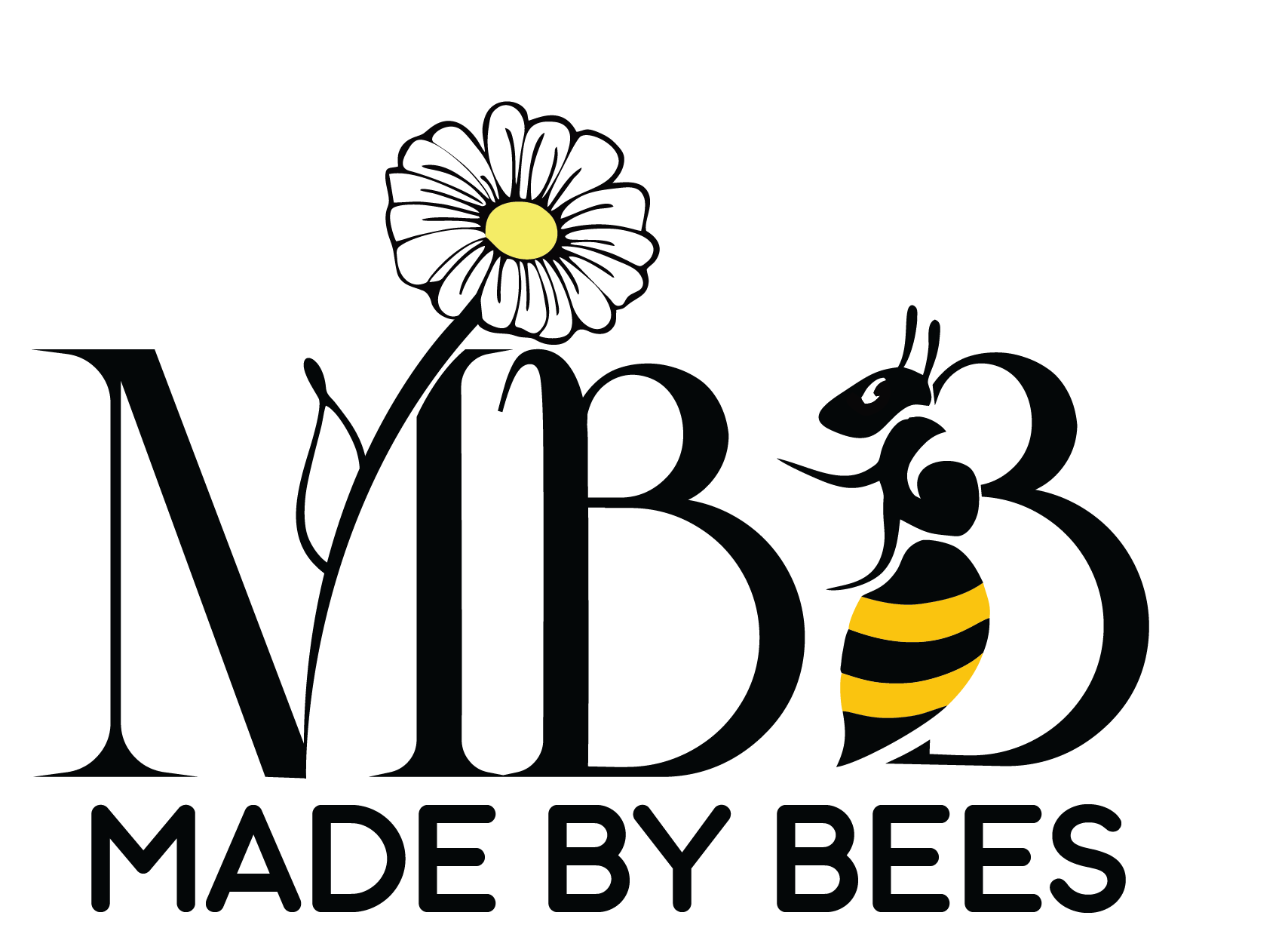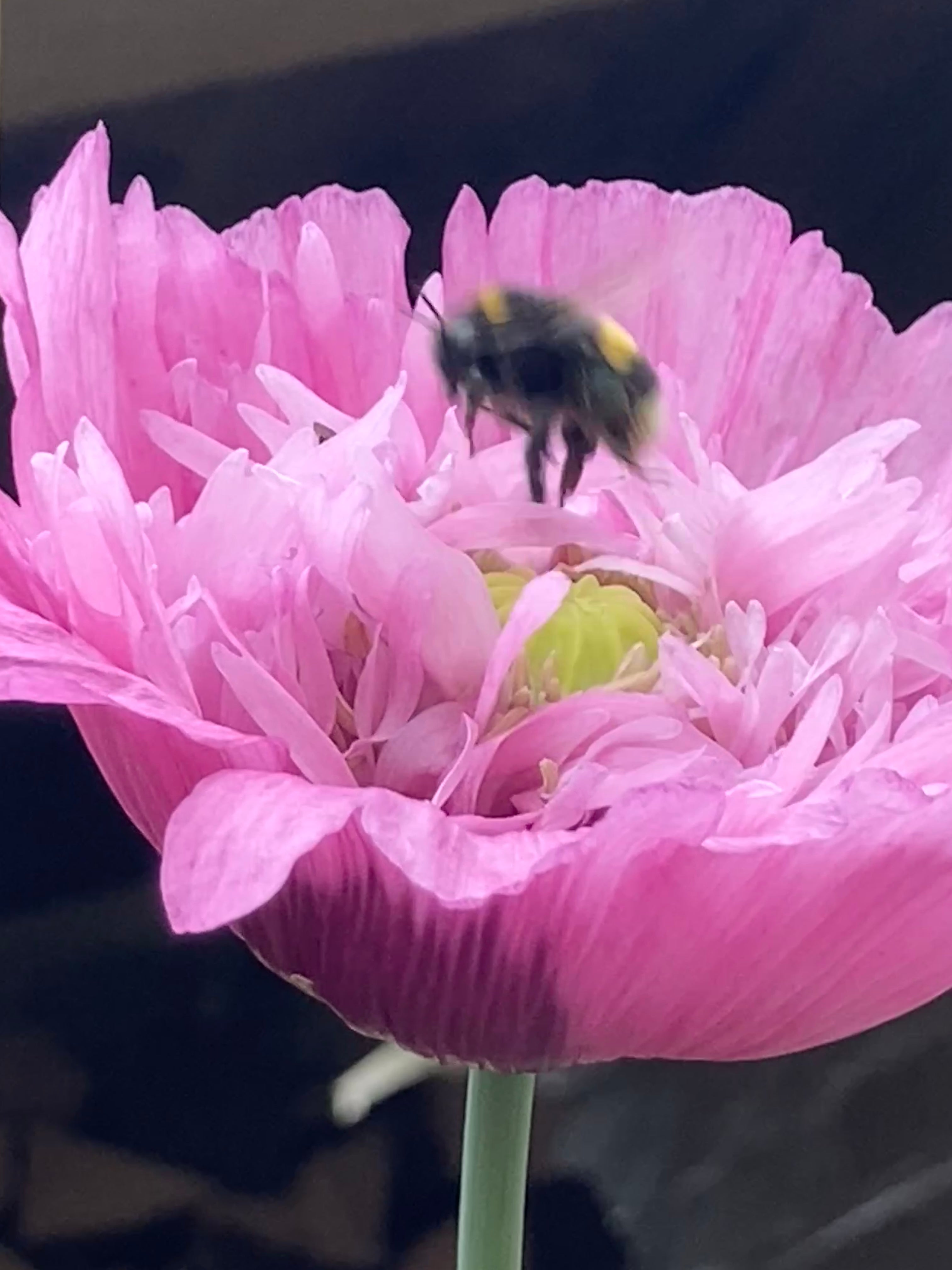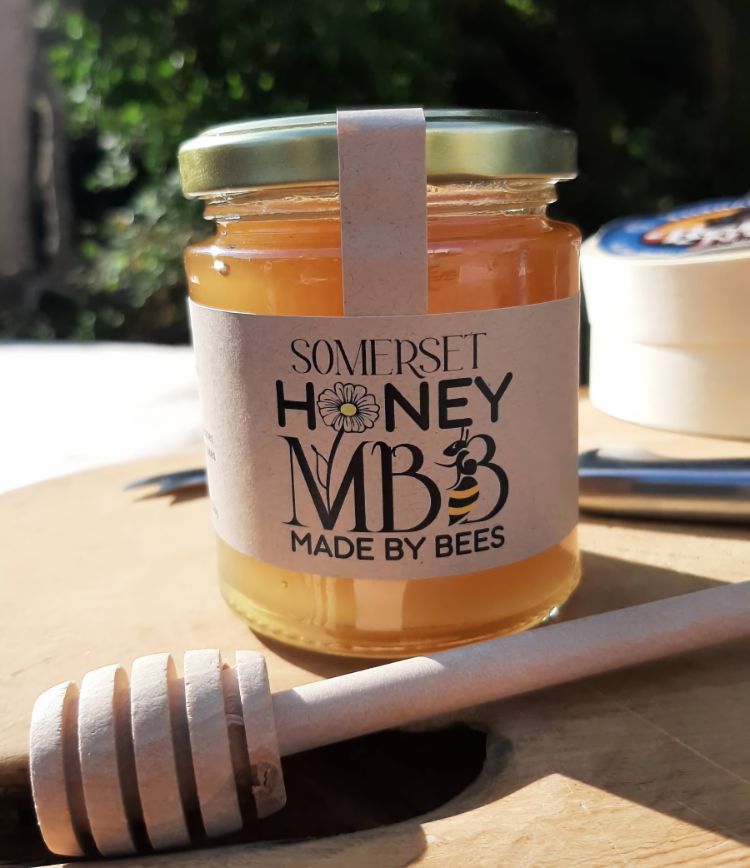
Bumblebees are more likely to react with a "glass half empty" pessimism when they are stressed, new research has suggested.
Scientists at Newcastle University found that when they experienced a simulated predatory attack, they became more cautious and appeared to experience "emotion-like states".
The findings suggested bees reduced their expectations of reward when they were agitated, and that this could impact on how they approach and pollinate flowers.
Lead researcher Dr Olga Procenko, said it was hoped the study would provide insight into how insects respond to "environmental challenges".
She said: "Bees may experience emotion-like states when stressed, as demonstrated by a clear shift towards pessimism.
“When faced with ambiguity, stressed bees are much like someone seeing the glass as 'half empty' and are more likely to expect negative outcomes."
Researchers trained bees to decide whether "a colour signalled something good or bad."
They said the bees learned to identify that different colours led to either a "sweet" or a less satisfying reward.
The two groups then experienced a simulated predatory attack and a third group did not experience any external stress.
The "attacked" bees were found to be less likely to interpret ambiguous colours as indicating high rewards and in response visited low reward locations more than the control bees.






Share:
Afghanistan veteran uses beekeeping to help others
Commercial partners with Combat Stress